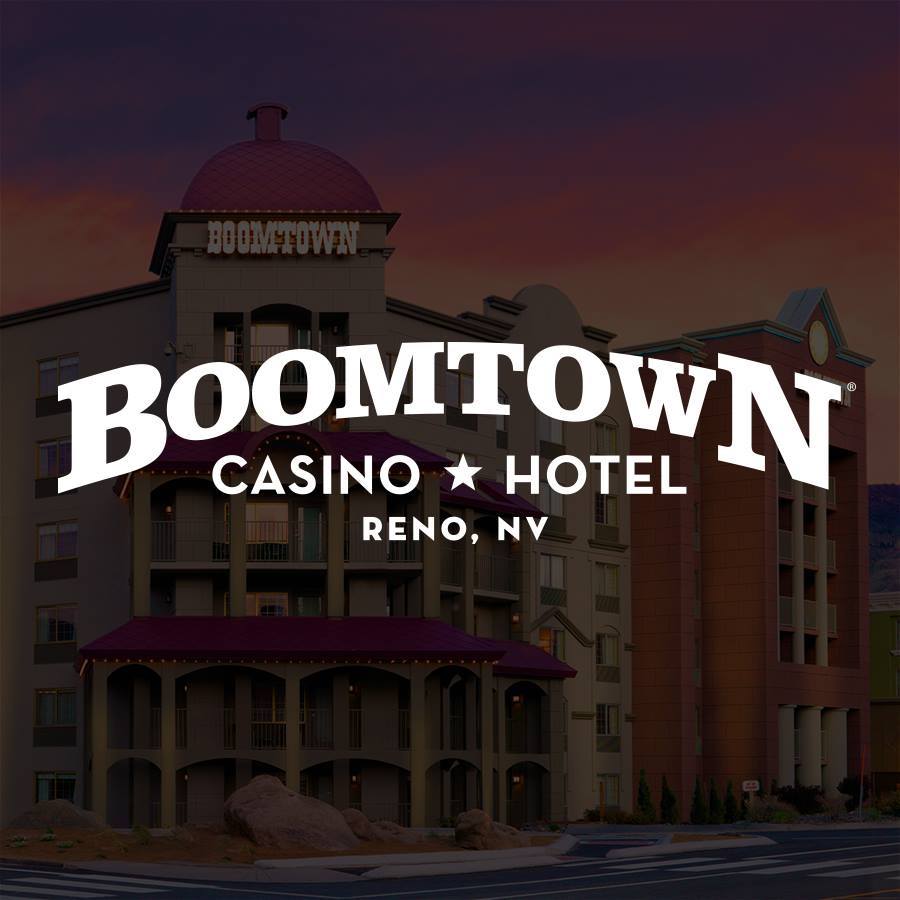
Have you ever heard of the Boomtown Casino Hotel in Reno, Nevada? Well, the casino execs probably wish you hadn’t right about now because they are in some shit. On May 15th, the Nevada Gaming Control Board (NGCB) filed a complaint against Boomtown’s parent company, BCH Gaming Reno, LLC for putting affiliate links on its website to offshore real-money online gambling sites.
The meat of the complaint begins about halfway through the eleven-page document. In it, the NGCB explains that Boomtown, which does not hold an interactive gaming license, began to look into how to offer free games on its website around September 2016. It determined that it would be too expensive to develop the games itself, so it then considered providing links to gaming offerings on other sites. In October 2016, it made a deal with Affiliate Edge, based out of and regulated in Curacao, and put links on the Boomtown website to various gaming brands of Affiliate Edge.
“Sometime before July 17, 2017,” Boomtown did the same with Deck Media, also in Curacao. While Boomtown was originally looking for free-to-play offerings, both Affiliate Edge and Deck Media give commissions to referrers when players they refer lose money on the sites. Real money danger zone approaching.
In March and April 2017, two different visitors to the Boomtown website contacted the NGCB to ask if the games linked to were permitted. The answer, simply, is no, as stated in the complaint.
In Count One of the complaint, the NGCB says that “sometime” from March 2017 through August 17, 2017 (when the NGCB contacted Boomtown about the matter), Boomtown’s website had links to fifteen (FIFTEEN!) different online gaming websites. Eleven of those sites has options to gamble for real money. Three of those sites readily advertised that they were “US Friendly” or some variation thereof.
Boomtown’s account statements show that people who clicked through the links did played on Affiliate Edge’s sites for real money. Boomtown even received a commission check for $1,621.03. There is no mention of a check from Deck Media, but the complaint does say that Boomtown referrals deposited money with Deck Media sites.
Count Two essentially discusses how the Boomtown powers that be were stupid.
“It appears Boomtown ceded complete control concerning links to online gaming on its website to one employee of Boomtown: its graphic and web designer,” the complaint reads. “It appears this person had little, if any, understanding of gaming laws. It further appears that Boomtown exercised little, if any, oversight concerning this employee’s actions with regard to placing links to online gaming on Boomtown’s website.”
[face palm]
The complaint goes on to say that Boomtown didn’t supervise the employee and the website properly in order to keep illegal links off the site and that it didn’t even bother to ask what sites the links led to when it received a commission check.
Summary: Boomtown was so eager to have even the smallest online gaming presence that it let its web designer figure everything out even though the web designer was just a web designer and had no knowledge of gaming law, nor should that person have even been in the position to make such business deals. Then, when a commission check came in, Boomtown execs were all like, “Yeah! Sweet! What’s this for? Who knows and who cares?”
The Nevada Gaming Control Board recommends that the Nevada Gaming Commission slap Boomtown with a fine (probably a steep one) and possibly do something about Boomtown’s gaming license. Hoo boy.























